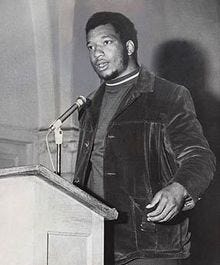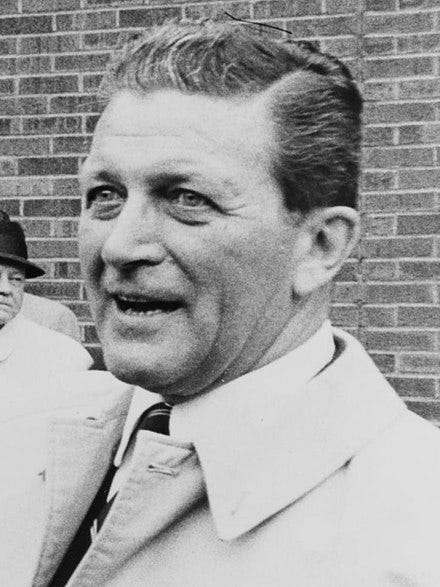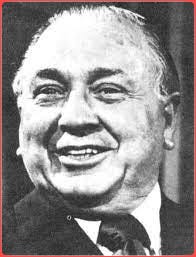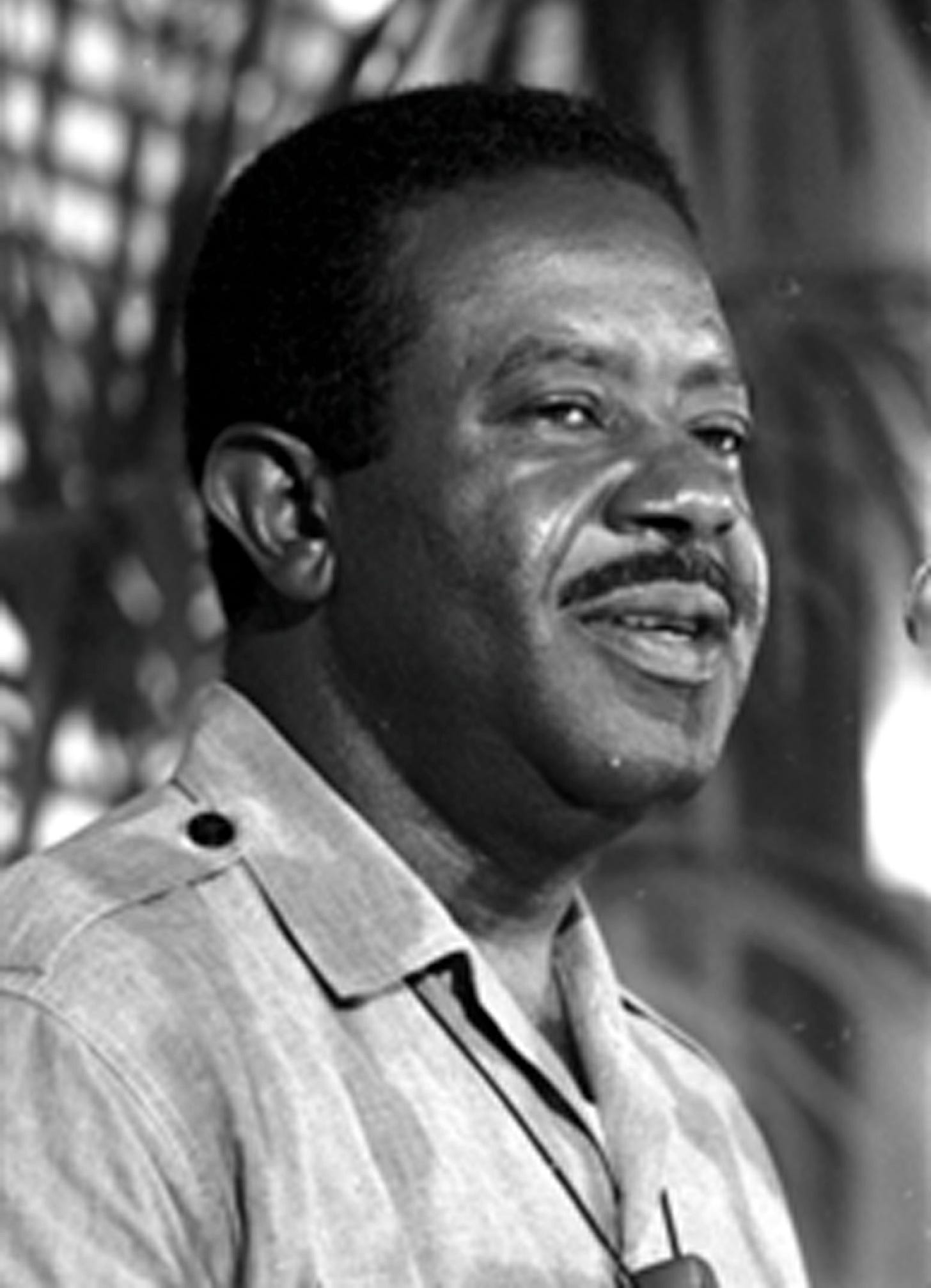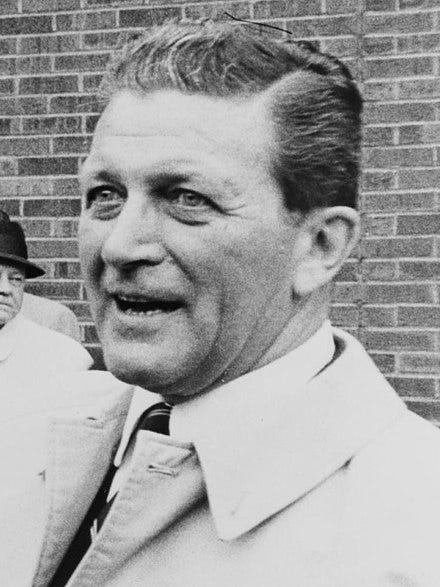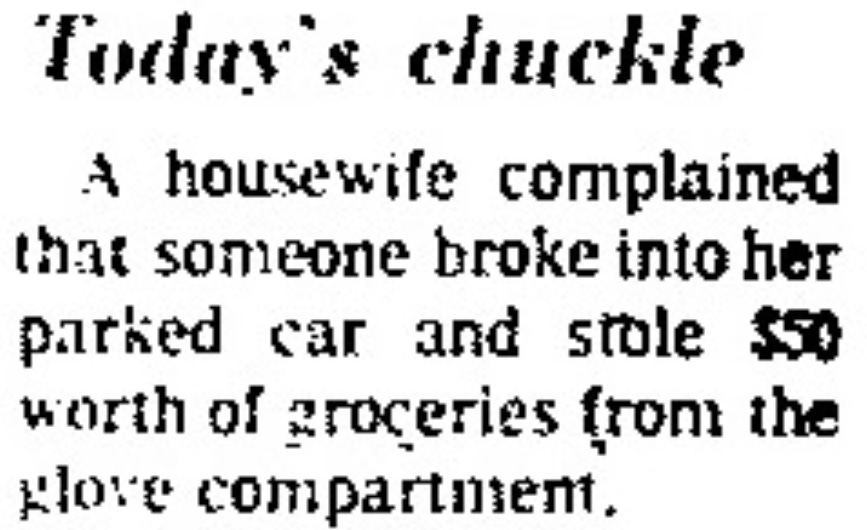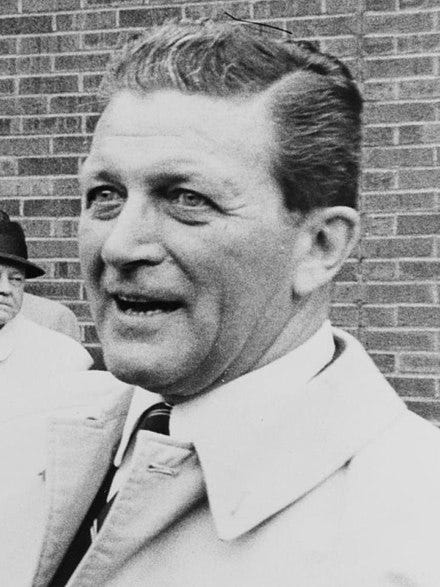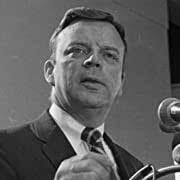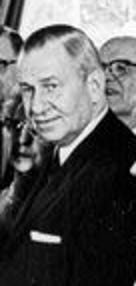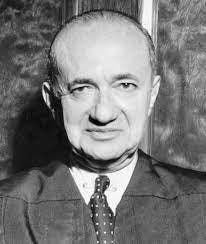THIS CRAZY DAY IN 1972: Ladies' Day at the Daily News
December 13-19, 1971
To access all contents, click on the rose icon in the upper left corner or HERE.
Why do we run this separate item peeking into newspapers from 1972? Because 1972 was part of the ancient times when everybody read a paper. Everybody, everybody, everybody. Even kids. So Steve Bertolucci, the 10-year-old hero of the novel serialized at this Substack, read the paper too—sometimes just to have something to do. These are some of the stories he read. If you’d like, keep up with the 1972 papers every day on Twitter, @RoselandChi1972.
December 13, 1971
Chicago Daily News: Will Dooley Survive?
By Ray Sons
Chicago Tribune: Pack Deals Bears 4th Loss in Row
By George Langford
Daily News: Victory spices day of Packer nostalgia
By Jack Schnedler
Chicago Tribune: Fan Tribute Softens Tough Guy Nitschke
By Don Pierson
The Bears are “wallowing like a rudderless ship in a storm” writes Ray Sons, as they lost a “listless 31-10” game to the Green Bay Packers. There are rumors of course about Jim Dooley’s job, plus quarterback questions.
The whole thing is so pathetic that the Trib’s George Langford leads with the fact that Kent Nix scored the Bears’ first touchdown in a month, calling it “relatively spectacular.”
“It was the Bears’ fourth consecutive defeat, dropping them under a .500 winning percentage for the first time this season with a 6-7 record and only served to deepen Dooley’s desperation,” writes Langford. Dooley only called about eight plays from the sidelines today.
The Bears loss is especially dispiriting because the Packers are rebuilding and “doomed to their worst record since 1958” writes Schnedler. The Packers have many of the star players from their Vince Lombardi heyday, but Ray Nitschke “is now a 34-year-old second-stringer.” Coach Dan Devine only let him play because it’s Ray Nitschke Day at Lambeau Field.
Bart Starr is “recovering from surgery on his right shoulder” and only played the 4th quarter because “starting quarterback Scott Hunter had suffered bruised ribs.” Bart Starr threw one pass.
But it was a great day for Packer fans honoring Nitschke, “and he started it by crying right in front of 56,263 people,” wrote the Trib’s Don Pierson. “When he’s in shoulder pads and his toothless scowl is hidden behind a face mask, Ray Nitschke is the symbol of football violence. He doesn’t look like a man who could cry but he did.”
“The Packers probably didn’t need much heat to beat the Bears today,” says Pierson. “This game meant nothing and the Bears played like it.”
December 14, 1971
Roland Hemond died this week in 2021 at 92, after a long and fulfilling life in and out of baseball. If Dick Allen is credited with saving the Sox and keeping them in Chicago—and he is—then Hemond is credited with bringing Dick Allen to the White Sox, in his role as Sox director of player personnel in 1971.
As the Tribune wrote in Dick Allen’s 2020 obit, “Attendance at Comiskey had fallen below 500,000 in 1970 and was barely over 830,000 when Allen joined a team that hadn’t won a pennant since 1959 and finished 22½ games out of first place in ’71.”
The Tribune’s Paul Sullivan wrote a wonderful and personal obituary and remembrance of Hemond well worth a read.
December 14, 1971
Chicago Daily Defender editorial: An empty breadbasket
“The resignation of the Rev. Jesse Jackson as national director of Operation Breadbasket has created a dangerous schism that may deaccelerate the momentum of the movement,” writes the Defender.
“The clash of personalities was an inevitable tragedy. The SCLC is led by a man, Dr. Ralph Abernathy, who takes a calm, unemotional approach to the struggle for freedom and equality…On the other hand, Mr. Jackson has the rhetoric, the dynamism and the exuberance with which to stir his followers to the point of emotional frenzy.”
Jackson’s “popularity…has outdistanced that of the other leaders in the scramble for black recognition and power,” writes the Defender. SCLC’s recent suspension of Jackson was “obviously intended to cut Rev. Jackson to size.” But without Jackson, “Operation Breadbasket will be lifeless, empty and the SCLC itself may lose its shaky footing in the field of social action.”
December 14, 1971
Chicago Daily Defender: Charlie Cherokee Says column
Yes, the Defender ran a column called “Charlie Cherokee Says” for years. It’s 1972, Jake. See the January 4 item here for more background.
“Now it can be told,” says Charlie: Rev. Jesse Jackson discussed leaving SCLC with nationally-known friends a year ago during a Nigerian conference. The only question was when.
“The Jesse backers have always felt that he would be in a better public relations position to quit after some hostile, overt move by Ralph Abernathy. Some of the backers wanted Jesse to provoke a fight. He was reluctant to do this,” according to Charlie.
“National observers” say Abernathy and SCLC are strong in the South, but “credit Jesse with building the SCLC image in the North and with having a greater ability to handle the big city issues….Further, they credit Jesse with being a genius in public relations and promotion.”
December 14, 1971
Chicago Daily News: Hijacker alive, note says
The LA Times just got one of many letters going to West Coast newspapers, all allegedly from “D.B. Cooper,” the skyjacker who parachuted off a Northwest Orient flight on November 24 somewhere between Reno and Seattle, and with $200,000.
“I didn’t rob Northwest Orient because I thought it would be romantic, heroic or any of the other euphamisms that seem to attach themselves to situations of high risk,” read the letter. “I am no modern-day Robin Hood. Unfortunately (I) do have only 14 months to live. My life has been one of hate, turmoil, hunger and more hate. This seemed to be the fastest and most profitable way to gain a few grains of peace of mind. I don’t blame people for hating me for what I’ve done nor do I blame anybody for wanting me to be caught and punished, though this can never happen.”
The letter says he won’t be caught because he didn’t leave fingerprints, he covered his trail, and he disguised himself with a toupee and other make-up.
“I’ve come and gone on several airline flights and am not holed up in some obscure backwoods town,” the writer claims. “Neither am I a psychopathic killer. As a matter of fact I’ve never even received a speeding ticket.”
December 14, 1971
Chicago Daily News: Stewardess wins back-pay round
United Airlines might be on the hook to pay stewardesses they fired for being married between 1965-68. After 1968, United realized married women were capable of giving emergency directions and serving drinks.
Mrs. Mary Burke Sprogis sued United after getting fired in 1966 for having a husband. The U.S. Supreme Court just rejected United’s appeal after a U.S. Appellate Court ordered the airline to rehire Mrs. Sprogis.
So just to be clear: United appealed this all the way to the Supreme Court. Even though they stopped firing women for being married at least two years ago.
December 15, 1971
Chicago Daily Defender: Hanrahan upsets ‘Uncle Toms’ too
The lede quotes Charles Gray, executive director of the Lawndale People’s Planning and Action Conference: “Even the ‘Uncle Toms’ who usually side with the Cook County Democratic Organization are overwhelmingly opposed to the reslating of Edward V. Hanrahan for state’s attorney.”
Gray disputed (black) Ald. Claude Holman (4th), who said only “militant and trouble-making blacks” opposed Hanrahan’s slating by Mayor Daley’s Central Committee for re-election.
Hanrahan’s police conducted the pre-dawn raid that killed Black Panther leaders Fred Hampton and Mark Clark in 1969, and he’s under indictment for obstructing the investigation of the raid.
The editorial lists more groups “joining in the swelling chorus of opposition,” including the Midwest Community Council, the Westside Organization, the Garfield Organization, and Dr. Charles Hurst, president of Malcolm X College.
December 15, 1971
Chicago Daily News: Kerner Indicted!
By William Clements and Charles Nicodemus
Those two words stretch across the entire front page, above the masthead. There's so big I thought they were all capital letters at first.
So former Illinois Govenor Otto Kerner’s old press secretary was right when he sarcastically told a reporter who called for comment, “I suppose the newspapers are using second-coming type.”
This indictment has also been coming for a long time (<2000 yrs), but it’s still huge news. FYR (For Younger Readers): You won’t believe this, but when Otto Kerner was indicted in 1971, NO ILLINOIS GOVERNOR HAD EVER GONE TO JAIL.
Kerner resigned as governor to become a federal judge. He’s charged with bribery, conspiracy, income tax evasion, perjury and mail fraud, along with three officials who worked for him and a secretary.
The 19-count grand jury indictment charges that they got $356,000 of race track stock for only $70,158, which was a bribe to ensure friendly legislation and decisions for “The Queen of Illinois Racing,” Mrs. Marjorie Lindheimer Everett, former owner of Arlington and Washington race tracks.
The News reports Mayor Daley “reportedly sought to persuade the Justice Department that the prosecution of Kerner, a Democrat, would be considered a ‘political prosecution’ by the public.” That clearly didn’t move Republican President Nixon’s attorney general, John Mitchell.
A separate article by Henry Hanson details Kerner’s background—son of a federal judge, and son-in-law of (deceased) Mayor Anton Cermak, father of Chicago’s Democratic Machine. Kerner “started at the top” as U.S. Attorney for the Northern District of Illinois “and never looked back.”
“Kerner, now 63, remains fit and handsome, always the master of himself and of the cool approach,” writes Hanson. “While loyal to Mayor Daley, he seemed to keep the mayor at arm’s length, while never crossing him on anything.”
December 15, 1971
Chicago Daily News: SCLC asks Jessie: Stay on the job
By Betty Washington
They sure didn’t ask very nicely.
Betty Washington reports that the Southern Christian Leadership Conference’s executive board refused to accept Rev. Jesse Jackson’s resignation. Jackson resigned after the SCLC suspended him for 60 days because they didn’t know the Jackson-conceived annual Black Expo had been made into a nonprofit corporation. The Expo executive board has said they formed the corporation, not Jackson.
Reports all seem to agree it’s a power struggle between the older, staid SCLC leader Ralph Abernathy and young outspoken Jesse Jackson. Today’s report doesn’t dispel that scenario. “In the spirit of our founder—Dr. Martin Luther King—we hold our arms open to Mr. Jackson as our brother to remain and of course to work within the rules and policies of the organization,” reads the SCLC statement.
But it also “included criticism of Mr. Jackson’s administration of SCLC in Chicago. It referred to Jackson as being ‘impatient’ and unwilling to accept the ‘restraints that organizational discipline dictates.’”
SCLC board chairman Rev. Joseph Lowery added that “we hoped that his concern and commitment would override his personal ambitions and we could continue to move forward in an effective crusade against poverty and injustice.”
Jackson is already forming his own new group. And the SCLC statement isn’t a good example of sweet talk.
December 16, 1971
Chicago Daily News: Jesse: ‘I won’t return to SCLC’
By L.F. Palmer Jr and Betty Washington
SCLC refused to accept Rev. Jesse Jackson’s resignation following his 60-day suspension by the SCLC board, but they added a bunch of passive-aggressive remarks to their statement and will clearly be happy to see Jackson go even though they say they want him to stay.
Jackson says he won’t go back, AND he tells the Daily News in an “exclusive interview” that he’s “afraid” to go back. “I consider the statement from SCLC in Atlanta as creating a climate where my life is placed in jeopardy,” Jackson told the News.
Jackson feels those passive-aggressive remarks I mentioned opened up questions so that “a climate of character assassination is created and character assassination always precedes physical assassination.” The statement said Jackson was impatient, put “personal ambitions” first, and that there were “unanswered questions” about Operation Breadbasket.
Jackson says his new group will be “born” on Christmas. “This week, we are pregnant. We have no place to lay our head in the stable. But…we expect the new organization to be born on Christmas Day.”
December 16, 1971
Chicago Daily News: ‘I’m not hiding,’ says Kerner
By Edmund J. Rooney and Charles Nicodemus
“Former Gov Otto Kerner, in an exclusive interview with The Daily News, said Thursday, ‘I’m not running. And I’m not hiding. I’ll be around.”
Kerner was indicted for bribery, conspiracy, tax evasion, mail fraud and perjury along with three of his former appointees and a secretary, for allegedly getting race track stock from Mrs. Marjorie Everett at bargain prices in exchange for governmenta favors. Everett owned Arlington and Washington race tracks.
It seems odds that Kerner doesn’t have a lawyer yet—even though this indictment has been coming a long time. Kerner hired a lawyer to have ‘discussions with the Justice Department,” but he died a month ago, so Kerner’s not currently represented by anyone.
And: “U.S. Attorney Jim Thompson will personally head the prosecution team”.
Prosecutors must prove Kerner got the racetrack stock at a bargain price, which isn’t in dispute. But they also must prove he got the stock in exchange for government favors for Mrs. Marjorie Everett’s racing interests.
“The key to the government’s offer of proof is Mrs. Everett herself. She is expected to take the stand to testify that she was ‘coerced’ by Miller—through his power as racing board chairman into making the windfall profits available”.
As Illinois governor, Kerner “became a national figure as chairman of the National Advisory Commission on Civil Disorders which issued its widely publicized ‘Kerner Report’ on March 1, 1968.”
“The indictment charges that Kerner received windfall racetrack profits on March 27, 1968—not long after the civil disorders report, and shortly before he quit as governor to become a federal judge.”
“A close study of the 64-page indictment by The Daily News shows that Kerner and Isaacs each invested no more than $10,079 in racing stock in 1966, each walking away 20 months later with $159,000.”
December 16, 1971
Chicago Daily News: How Marj’s tips led to indictment
By William Clements and Charles Nicodemus
Former Gov. Otto Kerner’s indictment for bribery, conspiracy, tax evasion, mail fraud and perjury all happened because race track owner Mrs. Marjorie Everett hates William Miller, formerly Kerner’s chairman of the Illinois Racing Board, write Clements and Nicodemus.
Everett talked to IRS agents investigating “reports of hoodlum infiltration at Sportsman’s Park in 1969,” and then she switched “to a biting attack on Miller,” says the News. “’If there were hoodlums at the tracks, then the man responsible was William Miller,’ she is said to have charged.’”
Here’s a 1962 profile of Marjorie Everett in Sports Illustrated, “The Racing Lady of Chicago” by Whitney Tower. Just getting a long profile in Sports Illustrated is rather an accomplishment, much less a woman in 1962 getting a profile in Sports Illustrated. If you go here, you can see the original article lay-out, featuring a photograph by legendary Chicago photographer Art Shay. It’s paywalled but they let you read four articles for free.
December 17, 1971
Chicago Daily News:
Co-eds ‘liberate’ sauna
By Diane Monk
“Today’s Chuckle”
First women postal inspectors
UPI
‘Wilful women scare Nixon’
Janet Yanos
It’s Ladies’ Day at the Daily News! Get your hand stamped for a free drink, you'll need it.
Naked students, who are women and thus need a different word to define them in 1971 (“co-ed”), used Indiana University’s only sauna, which is for men. Head of campus police says “his men” can’t arrest them under Indiana law. Naked men entering a women’s locker room can be arrested in Indiana, but naked women can only be taken in “on a signed complaint to the county prosecutor.”
“There haven’t been any signed complaints in Bloomington so far,” writes Monk.
Here’s the cartoon they ran with it, on the front page:
From the UPI: “Miss Janene E. Gordon (left) of Sacramento, Calif., and Mrs. James W. Curry of Ft. Worth, Tex., who Friday became the first women postal inspectors in the 234-year history of the U.S. mail service, are shown examining weapons during firearms training class. They were graduated with male members of their class Friday.”
But it’s still very important to know that one of them is unmarried, and the other one is married to a man named “James.”
“Today’s Chuckle” is an always awful, often sexist joke that the Daily News uses as filler on the front page. Today’s Today’s Chuckle refers to the current inflation:
“A housewife complained that someone broke into her parked car and stole $50 worth of groceries from the glove compartment.”
Last, a letter to the editor from Janet Yanos: “As a psychiatric social worker, I wish to propose a common sense explanation of Richard Nixon’s recent behavior around the issues of Israel, India and day care centers.”
“My theory is that strong and aggressive women frighten our President very much, and thus Indira Gandhi and Golda Meir will receive no support from him unless they turn passive. Likewise, the President vetoed the $2 billion daycare proposal because its passage would have allowed more women to be working (i.e., competing with men). –Janet Yanos, Chicago”
December 17, 1971
Chicago Daily News editorial: The Kerner Indictment
Chicago Sun-Times editorial: The racetrack indictments
“If the charges arising out of the racetrack scandals are proved against former Gov. Otto Kerner and his co-defendants, it will represent a massive betrayal of trust,” the Sun-Times starts.
If true—and the charges are only allegations, cautions the paper—it shows Illinois needs “full financial disclosure from candidates and officials.” In other words, an ethics law, which the Legislature has dragged its feet on.
Both papers say Kerner et al are innocent until proved guilty. But the News makes the point that Kerner and his pals made easy money on racing track stock, even if they didn’t break the law:
“But the central fact of highly placed Illinois officials raking in quiet, easy profits in cozy arrangements with the racing industry is not in dispute in this case. Not only the Legislature but the public that elects it has been shamefully tolerant up to this point. The Legislature would not have dared bypass the ethics issue this year without the confidence that the electorate would forgive and forget.”
The Sun-Times uses most of its editorial to point out that indicted State’s Attorney Ed Hanrahan is still working, while federal judge Kerner correctly took a leave of absence while under indictment—echoed by the News.
The Sun-Times also take the opportunity to take credit, saying “many” of the charges “arose out of articles written beginning in 1969 by Sun-Times reporter Art Petacque”.
December 17, 1971
Chicago Daily News: Trucker tells payoff to friend of Powell
By Ed Kandlik
“A former trucking company owner has testified that ‘wolf packs’ of Illinois state police arrested his drivers until he made a $1,000 payment to an associate of the late Sec. of State Paul Powell.”
The arrests “abruptly stopped” after the payoff. The testimony came in a federal court case “that grew out of the federal investigation into Powell’s $800,000 cash hoard, some of it stuffed in shoeboxes,” found in Powell’s hotel room closet after he died.
The trucking official said the “wolf pack” arrests could be “turned off and on” with pay-offs “like a water spigot.”
December 17, 1971
Hanrahan loses Panther plea
By John Camper
The Illinois Supreme Court ruled 4-3 against indicted Cook County State’s Attorney Ed Hanrahan, who wanted his indictment tossed for the raid that killed Black Panther leaders Fred Hampton and Mark Clark.
Hanrahan claimed special prosecutor Barnaby Sears pressured the grand jury to indict. Today the Illinois Supreme Court decided it won’t allow a hearing on it—so they quashed Hanrahan’s bid to quash his indictment.
“The Democrats hold a four-to-three edge in the seven-man Supreme Court, but Justice Walter V. Schaefer joined” the Republicans, writes Camper.
Good thing the Illinois Supreme Court isn't political!
December 17, 1971
Chicago Daily News: Pakistan, India end their war
AP
“President Agha Mohammad Yahya Khan of Pakistan accepted the Indian proposal for a cease-fire on the western front Friday, ending the 11-day war on the Asian subcontinent.”
“The short, bloody war took the lives of more than 2,000 Indian soldiers, at least that many Pakistanis—and uncounted civilians.”
December 18-19, 1971
Chicago Daily News, Lu Palmer column: Goals count, not the leaders
Lu Palmer gives his overview of the development of the Civil Rights Movement, leading up to his take on Rev. Jesse Jackson’s split this week from the Southern Christian Leadership Conference and its leader, Rev. Ralph Abernathy, who succeeded Dr. Martin Luther King Jr. after his assassination.
Newer Black activists, Palmer writes, “sought to redefine the problems and to place the spotlight on the true enemies of oppressed blacks and the poor. As a result, ambivalence developed, dissension appeared to increase.…Though it was not widely publicized and was little known outside the nation’s black communities, the ambivalence and the dissension, in large part, resulted from a search for fearless black male leadership.”
Which brings us to Rev. Jesse Jackson.
“Dissension within The Movement can only be beneficial if those who break away do not become immersed in the need to satisfy the self,” writes Palmer. This is the greatest challenge which faces the dynamic, young Jesse Jackson who pulled out of SCLC and is in the process of forming a new national freedom vehicle.”
“Adulation is difficult to cope with and, as one writer has pointed out, a kind of Jesse-mania is building up around Mr. Jackson, who refers to himself as The Country Preacher. In the drive toward black liberation, charisma can be as dangerous as conservatism.”
And: “Messianic complexes can be as deadening as apathy.”
It doesn’t matter who leads the overall Movement, writes Palmer. “What does matter is that the black leader…recognize that the all-pervasive goal must be a revolutionary push for sustaining power for black people to replace containment…In 1954, most blacks thought whites could give them their freedom. Black leaders know better now. But they must first free themselves from every restraint that could block the ultimate victory.”
December 18-19, 1971
Chicago Daily News: Queen foe challenged
Ex-boxer Winston Hughes challenged Labor lawmaker William Hamilton to a duel. Hughes “declared himself ‘sick and tired’” of Hamilton’s attacks on the monarchy, and specifically on Queen Elizabeth’s proposed hefty raise.
“Hamilton this week lambasted Princess Margaret, the queen’s sister, as ‘an expensive, kept woman.’”
Winston Hughes gave Hamilton a choice of weapons, suggesting they should “meet in a ring with gloves on.”
December 18-19, 1971
Sun-Times: Jackson names his group PUSH
By Thomas M. Gray
Aretha Franklin, Jim Brown, and Ramsey Lewis joined an overflow crowd at the South Side’s Metropolitan Theater on Saturday to hear Rev. Jesse Jackson announce his new group, PUSH--People United to Save Humanity.
“The Rev. Jesse L. Jackson burned his bridges to the Southern Christian Leadership Conference” with the announcement, reports the Sun-Times.
“Nature requires that we either grow or die,” said Jackson.
PUSH will formally start on Christmas next Saturday. Jackson made the most of the imagery with declarations like, “We went to 10 or 12 places last week but they told us there was no room at the inn. So we are here this morning in the stable. We are here because the taxing system in Jerusalem is such…and the pharaoh is so mean.”
Jackson said PUSH will “picket, boycott, mark, vote and engage in civil disobedience,” but he will focus on economics: “We have too many sociologists in the community studying the family structure when what we need are economists.”
December 18-19, 1971
Chicago Daily News: Big legal fight brewing over cops taking 5th
By Edmund J. Rooney
Remember last week when Chicago Police Supt. James Conlisk announced he was sending 23 cops to appear before a grand jury investigating shake-downs at bars in the Austin District, where there are about 500 taverns? The cops were not uniformly happy about that.
According to the Daily News, a total of nine cops refused to fully cooperate and sued to halt a disciplinary proceeding against them. The key is “Rule 51, which requires policemen to testify before grand juries, coroner’s inquests, government bodies and judges or juries in court trials.” If not, cops can be suspended or fired.
These cops charge that Rule 51 violates their 5th amendment right not to incriminate themselves. “Also at issue is whether disciplinary action taken for what a policeman does before a grand jury violates the traditional secrecy of the jury.”
On Friday, U.S. District Court Judge Julius J. Hoffman, more famous for an earlier trial, refused to stop a police department disciplinary hearing on the matter.
The cops involved include Capt. Mark C. Thanasouras, former commander of the Austin district, who was suddenly demoted last year to watch commander in the Shakespeare Av. District, then transferred to clerical duties in police headquarters.
“The Daily News disclosed Dec. 6 that dozens of tavern owners in the Austin District…have told federal investigators they were forced to make monthly payoffs to Chicago policemen.”
“The grand jury’s widening investigation includes charges of bribery, extortion, narcotics, prostitution, gambling payoffs and payoffs by tavern keepers.”
Do you dig spending some time in 1972? If you came to THIS CRAZY DAY IN 1972 from social media, you may not know it’s part of the book being serialized here, one chapter per month: “Roseland, Chicago: 1972.” It’s the story of Steve Bertolucci, 10-year-old Roselander in 1972, and what becomes of him. Check it out here.




















